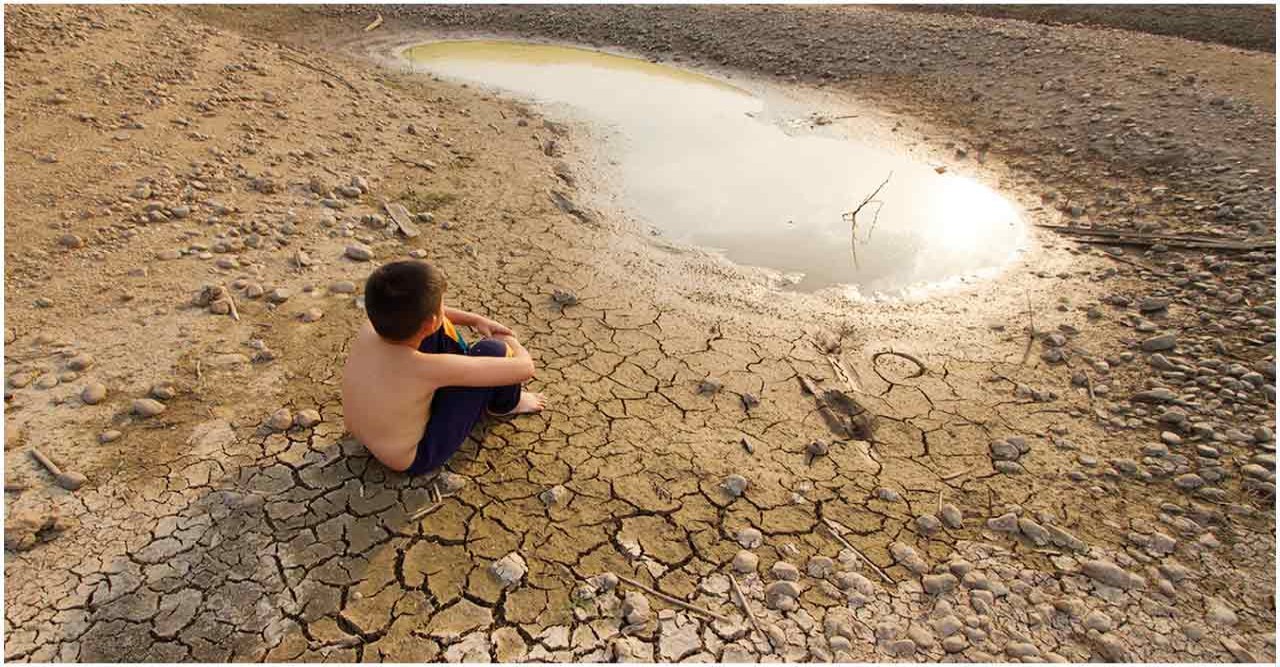
2.2 billion people in the world do not have access to clean water: UN
Siam Islam প্রকাশিত: ০৯ এপ্রিল, ২০২৫, ১১:১৮ এএম

According to the United Nations, at least 2.2 billion people in the world do not have access to clean water. This information was given in a report prepared by the United Nations Educational, Scientific and Cultural Organization UNESCO on the occasion of World Water Day. The report also stated that about 3.5 billion people in the world do not have access to safe sanitation.
In addition, one out of every two people in the world spends several months of the year without water, according to the report. "Water crises have become the norm rather than the exception in some parts of the world," said UNESCO director-general Audrey Azoulay.
“We know the consequences of such a situation. Water scarcity not only fuels geopolitical tensions but also threatens fundamental rights as a whole.''
The United Nations says that transboundary water cooperation is becoming increasingly important for regional stability and conflict prevention as climate change and water crises escalate. Secretary of the United Nations Water Convention Sonia Koppel told French news agency AFP that water and peace are closely related.
He said more than 60 percent of fresh water resources are shared by two or more countries, such as the Rhine and Danube rivers in Europe, the Mekong in Asia, the Nile in Africa and the Amazon river in Latin America. Cooperation on these waters is important for peace, development and climate action.
Water is such an important resource that it can bring countries in conflict to the table. As a result, apart from water, the solution to other issues of the conflict is also opened, Koppel believes.
In 2016, the United Nations Sustainable Development Goals stated that providing safe drinking water, sanitation and hygiene in 140 low- and middle-income countries of the world will cost 1.7 trillion dollars between 2016 and 2030, that is, 114 billion dollars a year. Between 2015 and 2021, development assistance to the water sector fell by 15 percent, the report said.
